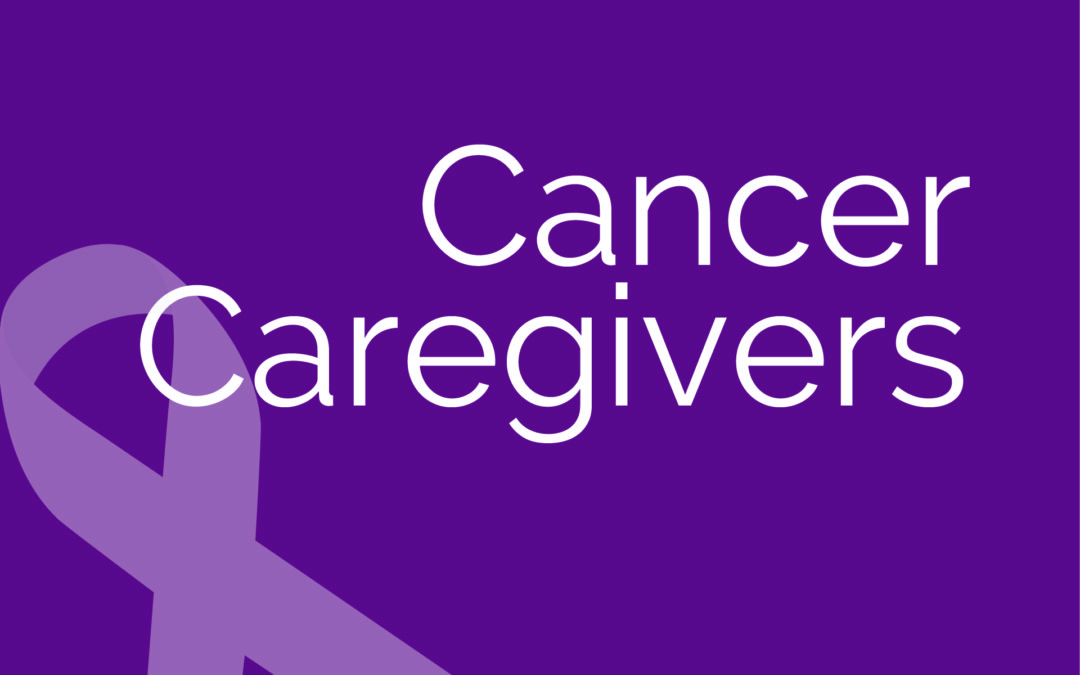
by Rick Davis | Jun 18, 2019 | Brain Tumors, Cancer Caregivers, Cancer Resources, Exercise, Health Resources, Men 'Speaking Freely', Men's Breast Cancer, Prostate Cancer, Recent News, Women's Breast Cancer
Are YOU reading this post and already forgot what it’s about? Don’t laugh … I have that T-shirt! I know what it’s like when you can’t recall what you had for breakfast – literally …. but I also figured how to combat Lupron brain, chemo brain, or more generally cancer brain … and here are a few tips. Don’t worry – I’ll keep it short otherwise I know I’ll lose you!
One of our participants on last night’s PCa HiRisk/Recurrent/Advanced Virtual Support group wondered if he was alone suffering from Lupron Brain; listen to the recording here. And one good trick with our recordings …. you can use the handy-dandy transcript search function to find the relevant part of the recording.
This side effect hits most folks undergoing any form of systemic cancer treatment – not just chemotherapy but hormone therapy and immunotherapy too. And because it impacts us in every aspect of our waking lives, we are very much aware of its omniscient presence. It’s hard to walk and chew gum when you’re moderating a virtual call; so when another participant e-mailed me for the link I had posted in the chat window, I reviewed my exhaustive bank of URL’s collected over the past 12 years and found the following links. in addition to sending them to this gent, I thought they would be helpful to many, so here they are:
Going through this list could challenge a few of you, but try ….. it’s good for the grey matter. Note some of these links may require you to sign on to Medscape – it’s free and worthwhile.
At the risk of oversimplification, three (3) main contributors common to most forms of systemic cancer treatment are prime suspects for coddling your brain:
- Sleep deprivation ….. for those on ADT (androgen deprivation therapy) those pesky hot flashes wake you up multiple times a night beyond those occasions you recall
- Depression …… well cancer can do that, for both social and physiological reasons
- Stress ….. well most of us don’t need cancer for that, but scanxiety and marker test results don’t help any, right?
For me personally, I found ‘brain exercise’ to be very helpful. I wanted to stretch my memory, so in my case played online card games making me recall what had been played. I have other friends who have done crosswords, played sudoku, had online trivia competitions with their partners/caregivers etc etc. Give it a couple of weeks, but it works – believe me from personal experience.
Sorry if this turned out to be a longer post than intended …. but if you got through it, you are already rehabbing your brain fog!

by Rick Davis | Jun 16, 2019 | Health Resources, Prostate Cancer, Recent News
June is Men’s Health Month, in case you didn’t know! Our friend Justin Birckbichler, men’s health and testicular cancer patient advocate, and owner of the website A Ballsy Sense of Humor, just penned an article for The Good Men Project as part of a series on ‘Why Men Don’t Talk About Their Health’.
He answers the frequently asked question, “Why is there no Susan G. Komen equivalent for men’s health?” by naming several organizations … including AnCan for prostate cancer – even though we now do much more. And Justin – as you well know, we want to start a virtual testicular cancer group!
Read the article for yourself here …… thanks Justin!

by Rick Davis | Jun 14, 2019 | Health Resources, Advocacy, Cancer Caregivers, Cancer Resources, Men 'Speaking Freely', Prostate Cancer, Recent News
Catching up with a good buddy yesterday, he mentioned he had recently published an article! Now in my biz, most of you would not find that at all unusual, not even in a peer reviewed journal, since you know I often speak with clinical researchers!
But what if I reveal this friend is not a doctor, nor a researcher, a scientist or even a patient; he’s a journalist, albeit a health one, and the research paper is in BMC Medicine … ‘BMC’ stands for BioMedical Central. And the paper looks at whether patients and caregivers are influenced by ‘spin’ when medical research is reported.
Needless to say, the answer is very much so. This randomized trial of 900 patients and caregivers sourced from the Inspire forums was split into 3 groups each considering a different story. Half of each group were given a published ‘spun’ story, and the other half were given the ‘denuded’ rewrite. Both groups were asked the same question – would the reported treatment be beneficial to patients? The ‘spun’ versions were considered 30%more valuable for early research trials; and for later stage research the spun stories were thought to be 47% more helpful..
You have heard me say all too often, don’t believe all you read …. process this information with a grain of salt, and consider the source. Now that advice is no longer anecdotal!!

by Rick Davis | Jun 13, 2019 | Cancer Resources, Advocacy, Cancer Caregivers, Health Resources
One topic many of us avoid concerns end-of-life decisions. How many reading this have health directives in place, a legal and effective will, a pink directive stuck to your refrigerator door in the event EMT’s come to your home etc etc ….. I am certainly guilty as charged!
Compassion & Choices recently circulated My End-of-Life Decisions Toolkit Guidebook that you can also download as a pdf ….. or contact Compassion & Choices for a hard copy if you want to send to family or friends. AnCan appreciates many may not endorse Compassion & Choices’ agenda; nonetheless we recommend this guidebook as an excellent starting point to map out many of the difficult and controversial issues terminal disease raises.
Some of its features not often seen are:
- Values Worksheet (Pg 19)
- Detailed Specific Therapies Election (Pg 21)
- Dementia Provision (Pg 25)
- Sectarian Healthcare Directive (Pg 27)
- Hospital Visitation Authorization (Pg 31)
There are several other good addendum making it worthwhile to review this Guide carefully.
This last bullet point is particularly poignant for those who attend the AnCan Caregivers Virtual Group. One of our regular participants has been troubled by legal barriers restricting visits to a lifelong friend with no family. It is heartbreaking to hear the best intentions and a giving heart foiled by misapplication of privacy protection rules.
Our thanks to Susan Lahaie, one of our Caregiver Moderators, for bringing this to our attention. We also recommend you watch her late husband’s, Ron Silverio, video.


